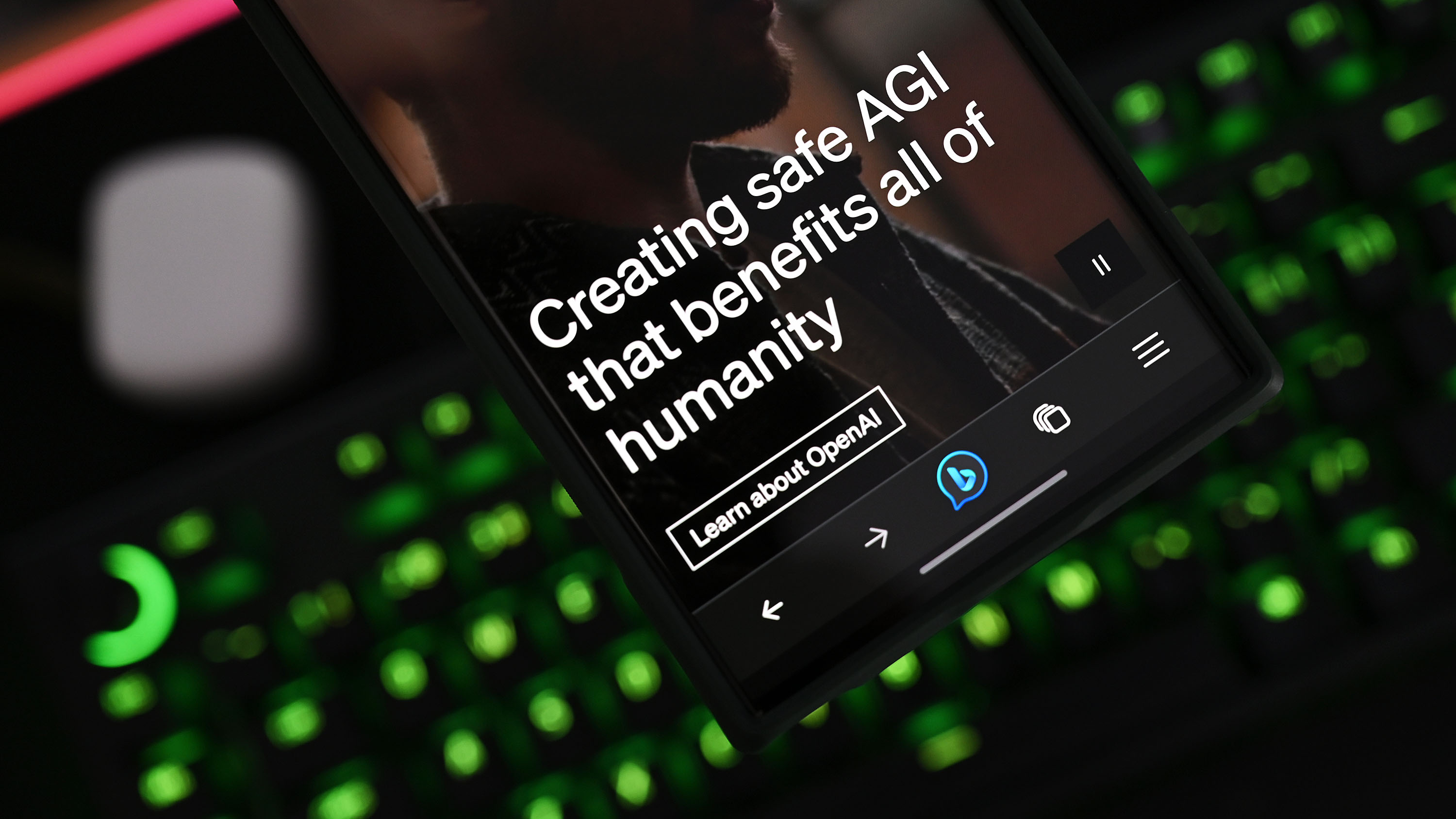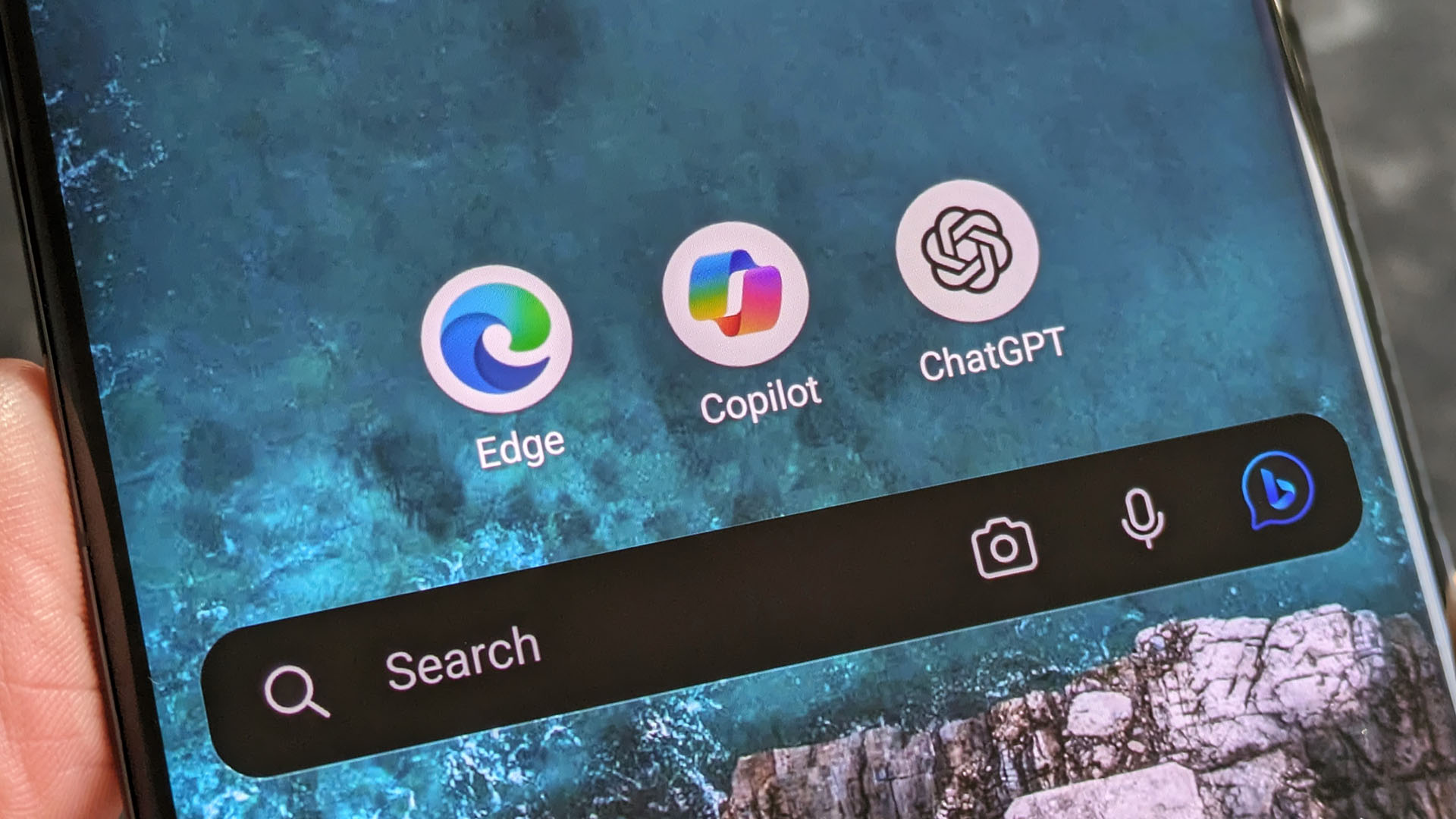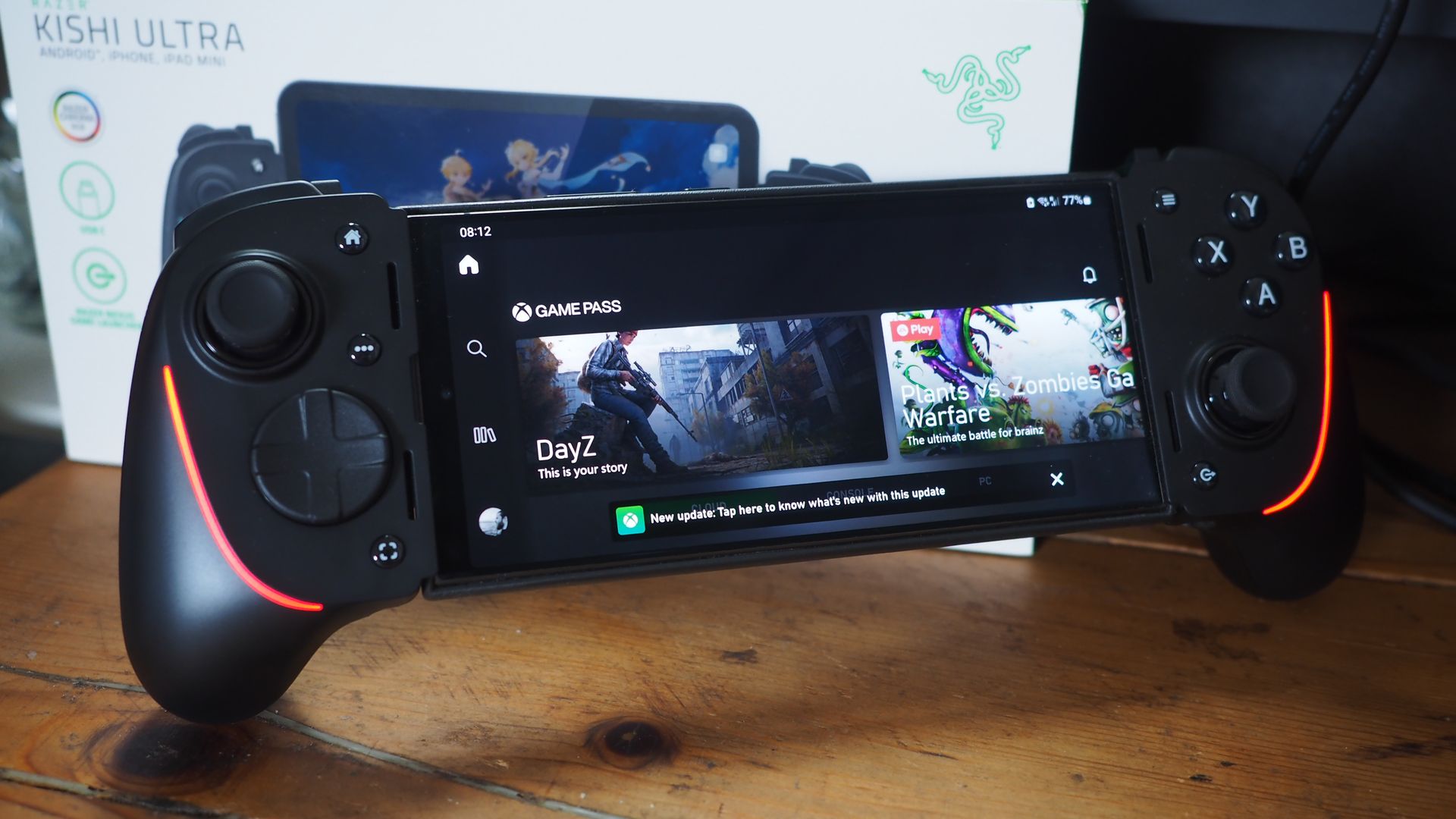Google may have a ChatGPT problem as users are subtly adopting AI-powered tools as their go-to search engines — but it could be eons before it becomes an actual threat
OpenAI could give Google a run in search with SearchGPT and ChatGPT.

All the latest news, reviews, and guides for Windows and Xbox diehards.
You are now subscribed
Your newsletter sign-up was successful
What you need to know
- ChatGPT is increasingly becoming a popular search tool among users.
- A new study shows 8% (up 1% from the previous month) of poll participants use ChatGPT as their default search tool.
- Google was recently deemed a monopoly in search and is now awaiting regulation.
Google's dominance in search might be at stake with the rapid prevalence of generative AI tools like ChatGPT and OpenAI's "temporary prototype" search tool, SearchGPT. Users are increasingly becoming more reliant on AI for their search needs. This news comes after Google was deemed a monopoly in search by Judge Amit Mehta in August.
But as it now seems, things on the search landscape are subtly taking a different direction. Even former Google Engineer Arvind Jain warned that the AI revolution is rapidly changing how people interact with the internet and search, and further claimed that the company had bigger fish to fry with AI search tools than its antitrust monopolist ruling and pending regulation.
A new survey by Evercore indicates that 8% of the study's polled participants use ChatGPT as their default search engine (via The Motley Fool). While this is barely a dent in Google's massive lead in search, the number of people using ChatGPT as their go-to search engine has grown by 1% in just one month.
Google's market share has dropped from 80% to 74%. Perhaps an indication that the tech giant's dominance in search is seemingly withering away as users explore alternative options in the market. It's worth noting that the study was based on findings from 1,300 Americans.
While Google's market share took a significant hit in a month, it continues to dominate the category and will likely retain the top spot in the coming years. Google is also dabbling in the AI landscape and has even integrated it across its tech stack.
However, it's not been smooth sailing, specifically with its Overviews AI feature which provides a preview of a topic or query based on multiple sources, including web sources. The feature was spotted generating erroneous responses to queries, including recommending users to eat glue and rocks. Google issued a fix, shifting blame to a data void coupled with fabricated screenshots designed to taint its image.
ChatGPT is a real threat
The youth is seemingly more inclined toward the AI hype, with the vast majority using AI-powered tools like ChatGPT as their go-to search engines.
All the latest news, reviews, and guides for Windows and Xbox diehards.
Last month, ChatGPT surpassed 200 million daily active users. OpenAI attributed a majority of the success to GPT-4o's launch. GPT-4o's launch also contributed to ChatGPT's "biggest spike ever" in revenue and downloads and its continued reign in mobile as Microsoft, Google, and Anthropic attempt to pick up the slack.
However, AI-powered tools face their share of challenges in equal measure, including reports that AI is getting dumber, with 30% of its projects expected to be abandoned by 2025 after proof of concept. It'll be interesting to see how the AI revolution affects search in the long term.
🎒The best Back to School deals📝
- 🕹️Xbox Game Pass Ultimate (3-months) | $29.79 at CDKeys (Save $20!)
- 💻HP Envy 16 2-in-1 (Ryzen 5) | $499.99 at Best Buy (Save $350!)
- 🕹️Starfield Premium Upgrade (Xbox & PC) | $27.69 at CDKeys (Save $7!)
- 💻ASUS Vivobook S 15 (X Elite) | $945 at Amazon (Save $355!)
- 🕹️God of War: Ragnarök (PC, Steam) | $51.69 at CDKeys (Save $14!)
- 💻Lenovo ThinkPad X1 Carbon | $1,481.48 at Lenovo (Save $1,368!)
- 🎮 Seagate Xbox Series X|S Card (2TB) | $249.99 at Best Buy (Save $110!)
- 🕹️Hi-Fi RUSH (PC, Steam) | $8.89 at CDKeys (Save $21!)
- 💻HP Victus 15.6 (RTX 4050) | $599 at Walmart (Save $380!)
- 🖱️Razer Basilisk V3 Wired Mouse | $44.99 at Best Buy (Save $25!)
- 🖥️Lenovo ThinkStation P3 (Core i5 vPro) | $879.00 at Lenovo (Save $880!)

Kevin Okemwa is a seasoned tech journalist based in Nairobi, Kenya with lots of experience covering the latest trends and developments in the industry at Windows Central. With a passion for innovation and a keen eye for detail, he has written for leading publications such as OnMSFT, MakeUseOf, and Windows Report, providing insightful analysis and breaking news on everything revolving around the Microsoft ecosystem. While AFK and not busy following the ever-emerging trends in tech, you can find him exploring the world or listening to music.

